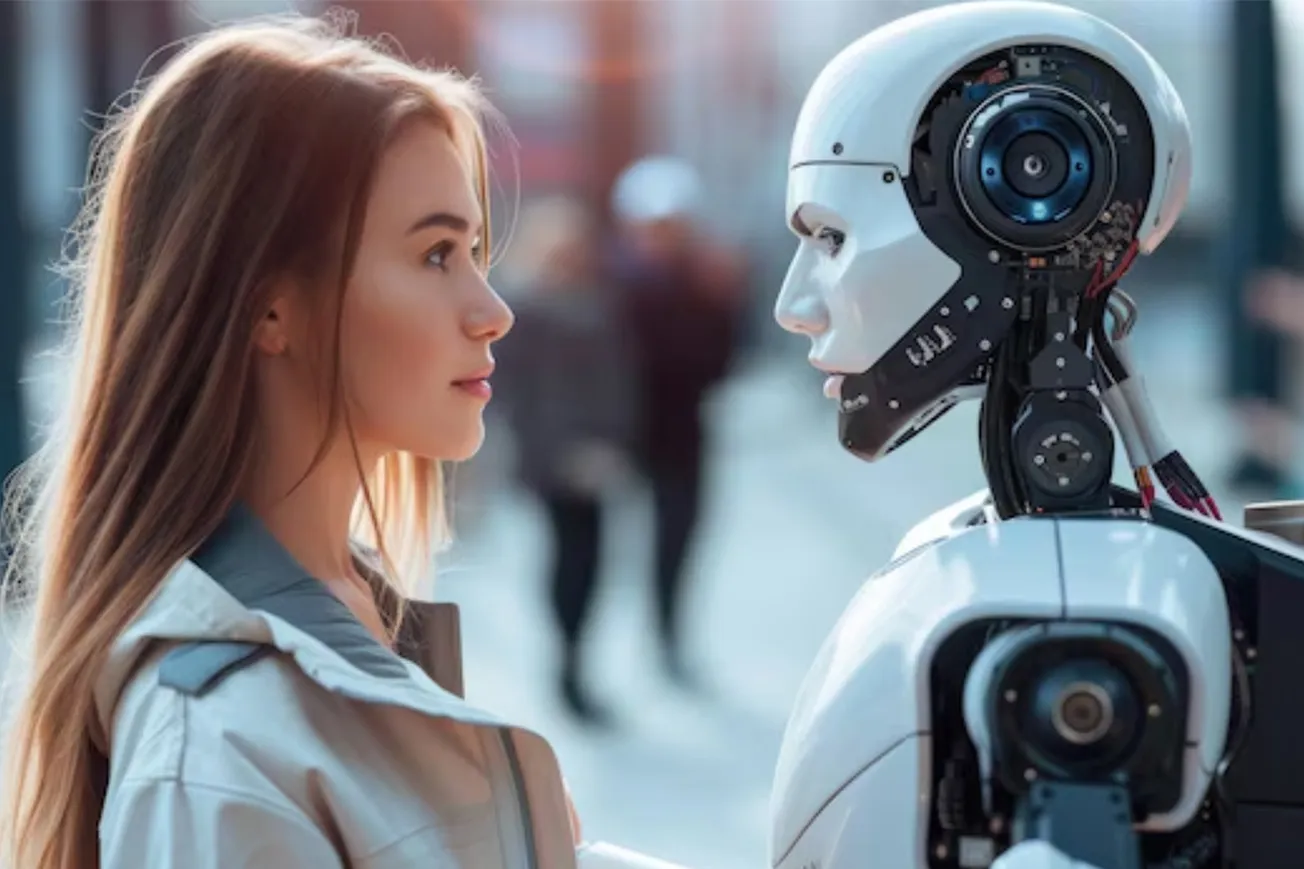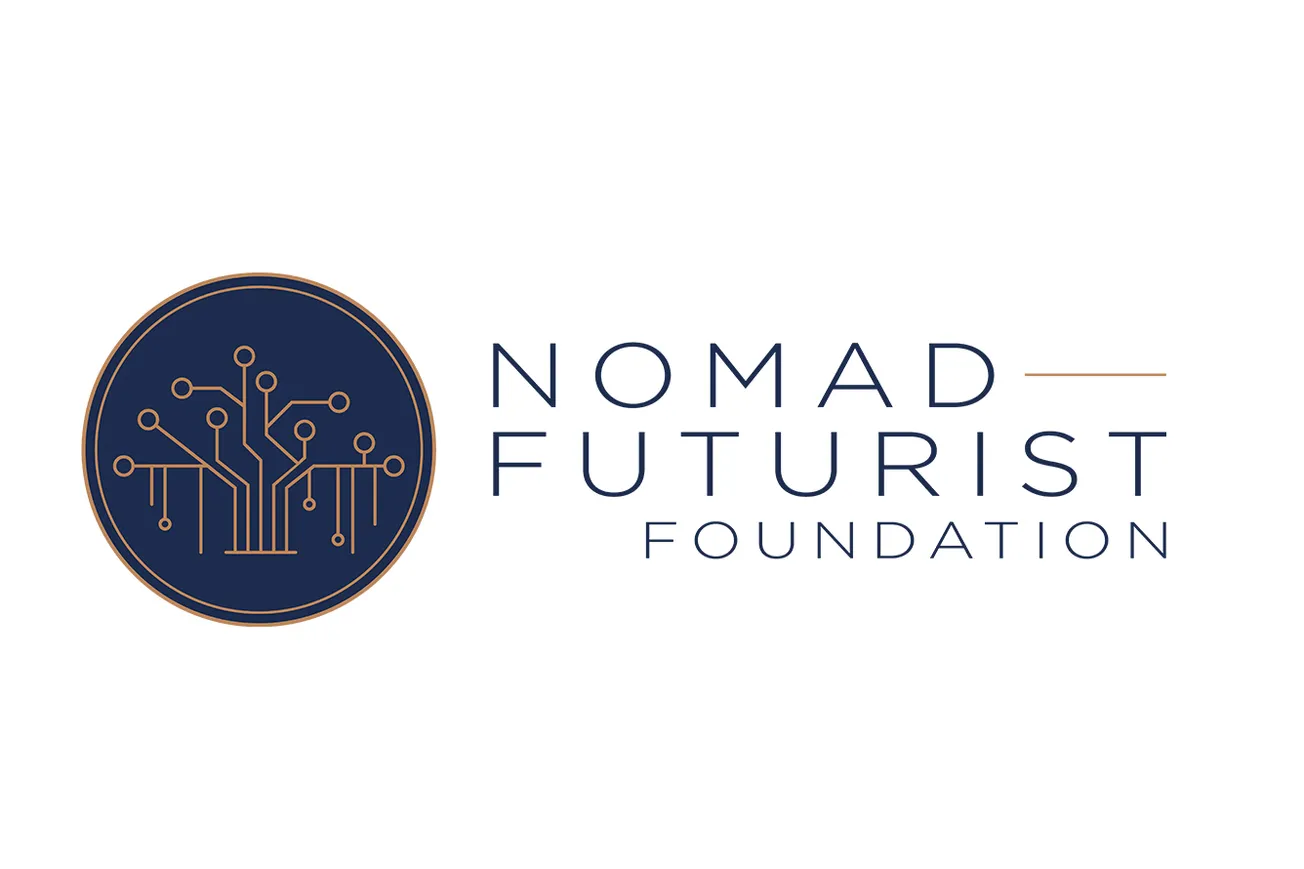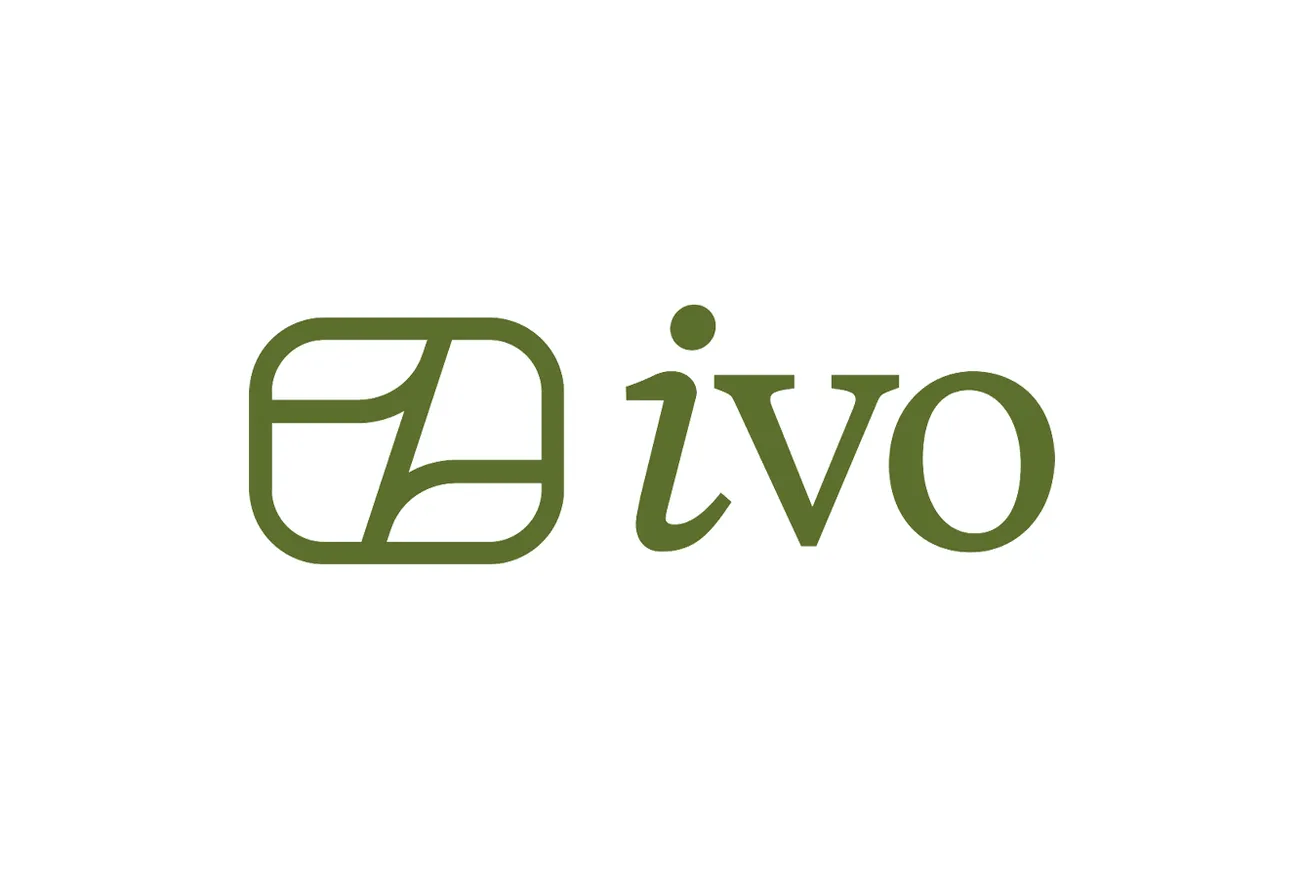Table of Contents
In an age where technology and human emotions are becoming more intertwined than ever before, AI-driven romantic partners are emerging as a new and unconventional way to experience companionship. While digital companions have existed in some form for years, advances in artificial intelligence, machine learning, and emotional recognition have made AI-powered relationships more immersive and realistic. As society grapples with increasing loneliness and changing social norms, AI romantic partners present a unique solution—but not without controversy.
Why Are AI Romantic Partners Becoming Popular?
The idea of an AI-powered partner may have sounded futuristic just a decade ago, but today, it’s a reality. The rise in their popularity can be attributed to several key factors:
- A Decline in Traditional Relationships – Many people today struggle with maintaining traditional relationships due to busy work schedules, social anxiety, or previous negative experiences. AI companions offer a stress-free alternative that eliminates misunderstandings and relationship pressures.
- Emotional Support Without Judgment – AI companions provide a non-judgmental space for users to express themselves freely. These virtual partners can learn user preferences, recall past conversations, and respond empathetically, making them ideal for those seeking comfort and understanding.
- Personalization and Customization – Unlike human relationships, AI partners can be tailored to suit personal preferences. From appearance to personality traits and even communication style, users have full control over their AI partner’s characteristics, creating an experience that feels truly unique.
- Technological Advancements in AI and VR – The integration of artificial intelligence with virtual and augmented reality has enhanced the realism of digital partners. With lifelike avatars, voice synthesis, and emotion simulation, AI companions now offer experiences that closely resemble human interactions.
Are AI Romantic Partners Just a Fad or the Future?
While some argue that AI-driven romantic relationships are merely a trend, others believe they will become an integral part of society in the coming years. Recent studies suggest that by 2035, a significant portion of the global population may engage in some form of digital companionship. The demand is especially strong among younger generations who have grown up in a hyper-digital world where online interactions are the norm.
However, skeptics raise concerns about the potential downsides of AI romantic partners. One major worry is that these relationships could discourage real-world social interactions, leading to increased isolation. Others fear that AI-driven emotions, no matter how advanced, may never fully replace the depth of human connections. Despite these concerns, the technology continues to evolve, with many companies working on making AI companions as interactive and fulfilling as possible.
AI Companions: Leading the Way in AI-Powered Relationships
Among the innovative projects in the AI companionship space, AI Companions has been at the forefront, redefining digital relationships. With cutting-edge AI, deep learning capabilities, and blockchain integration, AI Companions provides an immersive experience for users seeking companionship.
What sets AI Companions apart is its ability to evolve with user interactions, making every conversation feel fresh and engaging. The platform also integrates AR and VR to create hyper-realistic avatars, allowing for deeper emotional connections.
Additionally, AI Companions is backed by its own token, $AIC, which enhances the ecosystem by enabling transactions, premium features, and community-driven upgrades. With a hyperdeflationary model, $AIC is positioned to grow alongside the increasing adoption of digital companionship.
Final Thoughts
The emergence of AI romantic partners is a testament to how technology continues to reshape human experiences. Whether these digital relationships become widely accepted or remain niche, one thing is clear—AI companionship is here to stay. As innovations like AI Companions continue to push boundaries, the future of human-AI relationships is bound to be an intriguing space to watch.










